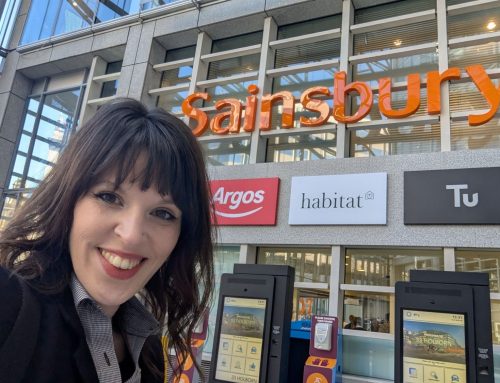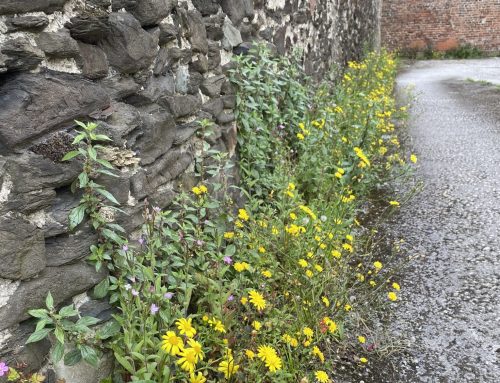As the Paralympics begins, UK nature and health organisations unite with councillors and the public to call for the UK government to follow France’s lead by banning pesticides from towns and cities.
This summer, all eyes have been on pesticide-free Paris for the Olympics, and now the Paralympics. Watching the event go off without a hitch has invigorated UK calls to banish toxic chemicals from urban spaces, including pavements, parks and playgrounds. More than 150 councillors have joined 15,000 members of the public to call for our villages, towns and cities to go pesticide-free in order to protect the health of both humans and wildlife and reduce chemical contamination of water.
Amy Heley from The Pesticide Collaboration said, “Most people don’t know that harmful chemicals are sprayed in the areas where they and their kids and pets live, work and play. Some claim that, without pesticides, UK towns and cities will be overrun by weeds in some ‘Day of the Triffids’ style urban takeover. But Paris has been pesticide-free for seven years, as have all the towns and cities in France, Denmark and Luxembourg. Watching the Olympics, and now the Paralympics, we’ve all seen how amazingly beautiful the streets and green spaces of Paris look… and the city hasn’t used a drop of pesticides to get there.”
Driven by a desire to better support its struggling wildlife and offer its residents a healthier place to live, Paris started reducing its pesticide use as early as the 1990s. By 2017, pesticides were banned in all French towns and cities. The ban was extended to include amateur gardens in 2019.
Meanwhile, in the UK, the Pesticide-Free Towns movement is growing and 100 councils have already followed in Paris’ footsteps by either ending or significantly reducing their use of pesticides (50 are entirely pesticide-free). But they have done so without support from the UK government, a situation that urgently needs to change.
Heley added, “Our new government should commit to a phase out of urban pesticides across the UK, including support for local councils to go pesticide-free. Ministers have promised to improve people’s health, clean up our rivers and restore nature. A ban on urban pesticide use would be a quick and relatively easy way of helping to achieve these aims. And it would be a massive win for the health of our kids, pets and wildlife. There are plenty of non-chemical alternatives to pesticides available. Paris and hundreds of other towns and cities across the world are proving every day that going pesticide-free is entirely possible. It’s a total no-brainer!”





